Brand messages are everywhere. An average person encounters thousands of promotional emails and ads daily. Standing out means understanding your audience and customers’ needs and motivations better than the competition.
You can do this through a Customer Relationship Management (CRM) platform. CRM platforms empower 360-degree customer visibility by centralizing datasets from sales interactions, email campaigns, technical support records, survey feedback, and more.
Let’s explore precisely how CRM software helps marketers maximize the lifetime value of existing consumers by transforming impersonal audiences into trusting partnerships.
What Does CRM Stand For?
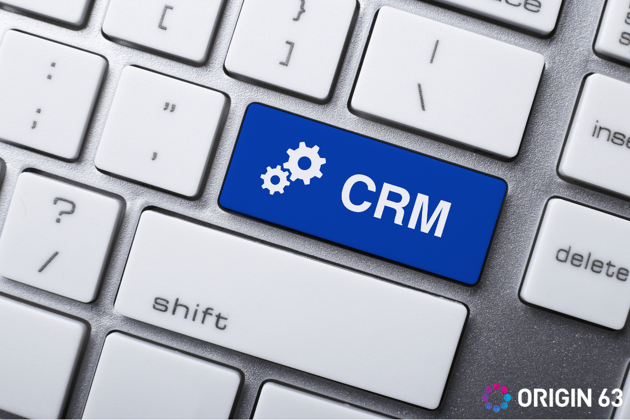
CRM stands for Customer Relationship Management. These are software systems or strategies modern businesses use to organize customer data and deliver better experiences.
It has several functions:
- Track insights around the customer experience in one centralized place.
- Provide a place where reps can communicate with customers and answer their questions or concerns.
- Compile customer information like contact details, communications, service records, and purchasing history over time.
- Use customer data to segment groups based on behaviors and preferences.
It transforms scattered information into unified insights for engaging customers individually. And those personalized connections keep satisfied customers coming back while earning new ones.
That's why CRM is becoming more crucial for all businesses seeking growth.
9 Ways CRM Supports Marketing and Customer Relationships
CRM systems are vital for modern marketing efforts and building strong customer relationships. Here are the critical roles it plays in knowing customers more deeply, optimizing experiences, and driving growth:
1. It’s a Foundation for Understanding Customers
CRM software automatically captures every interaction and transaction with prospects and customers across channels. Features like contact management, email tracking, e-commerce integrations, and support ticketing all feed data into unified profiles.
To maximize this function, look for a CRM with robust tracking and automation capable of centralizing data from:
- Website activity like page views, downloads, account creation
- Email opens, clicks, and email response tracking
- Support interactions via ticketing, chat, call
- Social media conversations and engagement
- Webinar or event sign-ups and attendance
- E-commerce transaction history and order data
You then have a detailed profile of customer demographics, behaviors, preferences, and sentiments.
These insights allow marketers to segment audiences and personalize engagement through the customer journey.
2. Empowers Targeted, Personalized Marketing
Once you have detailed customer profiles, you can divide customers into defined segments or buyer personas based on attributes like demographics, interests, behaviors, spending habits, communication preferences, and more.
For example, you may create segments for:
- New customers vs. repeat purchasers
- Website visitors who haven't purchased yet
- Customers who engage via email vs social media
- High lifetime value customers vs occasional purchasers
- Customers who recently abandoned their shopping cart
Your CRM reporting tells you exactly how many contacts fit into each segment. This allows you to send targeted, personalized messaging and offers tailored to each group's interests and needs.
For instance, you could send onboarding education to new customers, relevant product recommendations to occasional buyers, and VIP perks and rewards to high-value customers.
3. Optimize Lead Identification and Qualification

Another core capability of CRM systems is tracking every customer interaction to identify and qualify promising sales leads. These features are incredibly helpful:
- Lead Scoring - Calculates a lead score based on engagement metrics to quantify sales readiness. It helps focus efforts on warmer leads.
- Form submission tracking captures information whenever prospects fill out forms like demo requests, gated content, contact us submissions, etc. It identifies new inbound leads.
- Attribution reporting provides data on which marketing efforts are generating conversions. It lets you focus on effective channels.
- Workflow Automation - Set up targeted nurture tracks to guide leads automatically through the following steps. This sends timely, personalized follow-ups.
By leveraging these tools, sales and marketing gain transparency into which prospects are most sales-ready based on their profile, actions, and engagement. It allows focusing energy on qualified leads with the highest conversion potential versus cold outreach.
4. Enhances Engagement through Personalized Interactions
Perhaps the greatest potential of CRM is using customer data to personalize interactions across channels. It does so by integrating profiles and segments into touchpoints like:
- Email Campaigns - Send content and offers tailored to the interests and needs of each lead segment.
- Website Experiences - Display personalized product recommendations, specials, etc., for logged-in users based on their profile.
- Ads - Serve up messaging relevant to your target audience segments.
- App Messaging - Notify users of new features suited to their usage history.
- Customer Service Cases - Reference profiles to bring up purchase history and info for more personalized support.
- Online Communities - Feature customized content recommendations within forums or groups.
By applying CRM profile data, you can customize any digital experience. Instead of generic one-way marketing, you can interact with customers while demonstrating an intimate understanding of their experiences.
5. Gather Feedback for Satisfaction and Insights
CRM platforms simplify distributing feedback surveys to customers and prospects. You can assess satisfaction, brand perception, feature requests, and other valuable insights that aid marketing decisions.
Potential uses include
- Post-purchase surveys gauge satisfaction with products, services, and the buying process. It identifies areas for improvement.
- Web or app exit surveys understand why visitors left without converting. It uncovers site issues.
- General brand health or perception surveys measure how your company is perceived and what matters most to customers.
- Feature request surveys guide your product roadmap based on direct customer input.
By linking survey responses to CRM profiles, you can segment results and analyze them by criteria like customer lifetime value, purchase history, demographics, etc. You’ll have a nuanced view of how different groups perceive your brand and what they want.
6. Drive Analytics for Informed Marketing Decisions
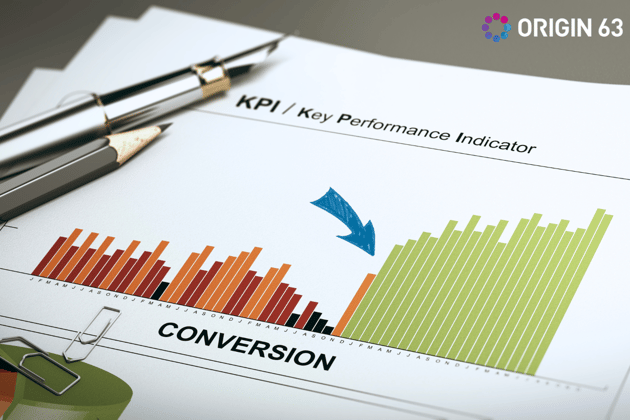
Reporting and analytics empower data-driven marketing decisions rather than guesses. By centralizing data feeds from your ads, email campaigns, website, and sales channels, CRM provides a holistic view of performance, including:
- Campaign ROI - Identify your most profitable campaigns and channels for optimal budget allocation.
- Customer Analytics - Analyze trends across your customer lifecycle, from acquisition to conversion, engagement, and retention.
- Attribution - See which marketing efforts directly drive conversions so you can double down on what works.
- A/B Testing - Test variations of campaigns and web pages to determine what content and offers perform best.
This metrics-based insight allows marketers to optimize strategies and spending continually. You have the proof to justify marketing budgets and demonstrate the revenue impact across the organization.
7. Identify Opportunities for Enhanced Value
They help you analyze customer data to identify targeted upsell and cross-sell opportunities, such as:
- Purchase History - Identify complementary or higher-tier products to recommend based on past purchases.
- Product Usage Data - Propose add-ons that enhance the core products a customer uses most.
- Propensity Models - Predict the likelihood of customers adopting new offerings that align with their attributes.
- Subscription Usage - Notify customers approaching usage or seat limits that may require upgrading their account tier.
- Account Anniversary - Offer package add-ons or higher tiers on yearly renewals.
Proactively guiding customers to compatible products and packages provides mutual value. Customers get more tailored solutions, while companies earn higher revenue per customer. CRM's data-driven insights inform ideal upsell programs and tactics.
8. Streamline Marketing Tasks for Efficiency
By integrating related systems like email, landing pages, and analytics under one roof, CRM creates process efficiency for marketers through workflow automation.
Here are some examples of how these platforms help streamline marketing processes:
- Unified workspace to plan, execute, and analyze campaigns from one system rather than disjointed tools.
- Automate repetitive tasks like lead scoring, email nurturing, customer journeys, and more.
- Alert-driven workflows to keep teams on track (approvals needed, campaign ready to send, etc).
- Standard operating procedures ensure consistency in processes like lead qualification and handoffs.
- Role-based dashboards focus each user on the most relevant tasks.
With these capabilities, marketing teams can accomplish more with less manual effort. Smooth execution, established processes, and automation remove friction so marketers can work efficiently. The focus shifts from tedious tasks to impactful strategy.
9. Track and Tailor Strategies to Customer Journeys
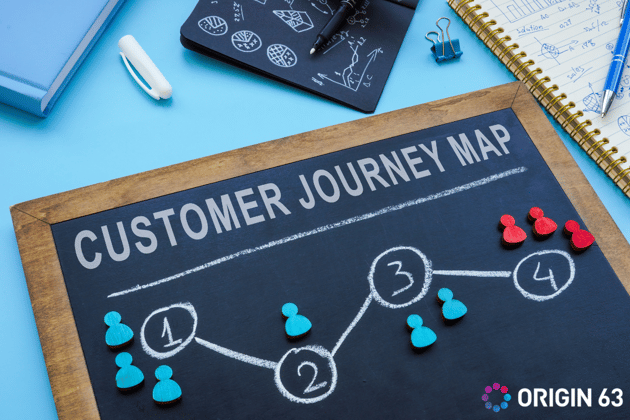
CRM systems reveal how customer personas typically move through consideration funnels — from initial awareness to purchase and beyond.
Mapping journeys allow tailoring content and messaging to guide each persona towards conversion at every stage, such as:
- Initial Research - Provide educational materials to build interest at the awareness stage.
- Comparing Options - Share case studies and product comparisons when evaluating alternatives.
- Final Deliberations - Offer limited-time incentives, free trials, demos, and security guarantees for customers ready to purchase.
- Onboarding - Deliver training resources and customer success outreach to boost retention post-sale.
The data lets you orchestrate the sequence of sales and marketing actions strategically matched to each customer's journey stage — driving higher conversion and retention.
Realize the Potential of CRM-Powered Marketing
CRM platforms give marketers tremendous capabilities. CRM lets you create highly targeted, personalized, and optimized marketing across channels by centralizing the customer dataset and synthesizing intelligence.
Yet many organizations still underutilize their CRM capabilities. Are you maximizing this platform for marketing?
With the right strategy and execution, your CRM can optimize performance across the funnel — accelerating acquisition, boosting lifetime value, and maximizing retention.
Get Started with HubSpot CRM for Growth-Driven Marketing
Realizing CRM’s full potential requires an advanced CRM solution tailored to your organization's needs. HubSpot CRM provides sophisticated features for marketing automation, analysis, integrations, email, workflows, scoring models, and more — with the flexibility to scale.
Origin 63 is a HubSpot solutions partner. We have the proven methodology and experience to make implementation smooth. Our consultants will ensure your teams utilize HubSpot CRM to its full capability while adopting growth-driven strategies.
Let's connect to evaluate your needs and deploy customer-centric CRM for long-term growth.


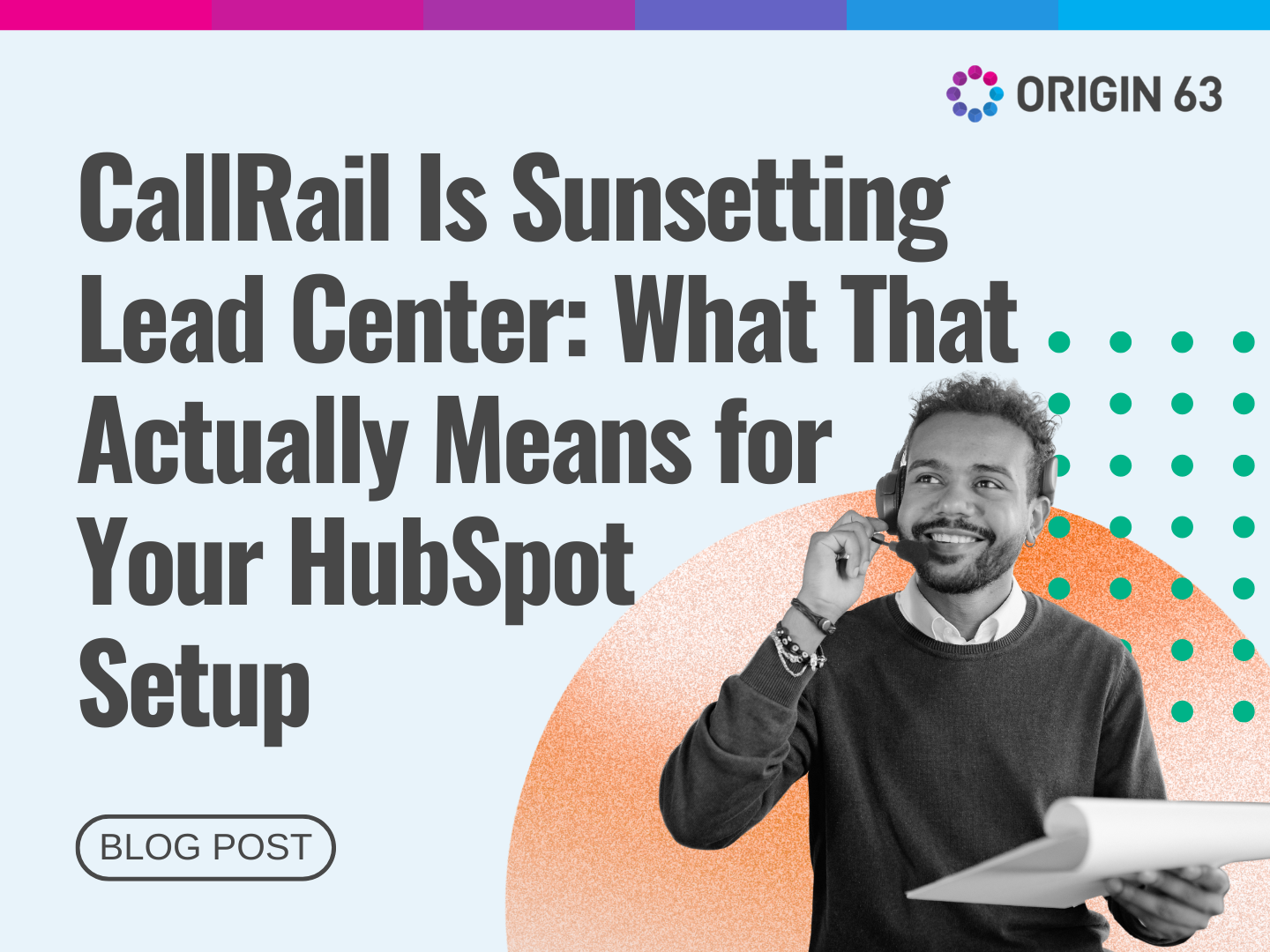
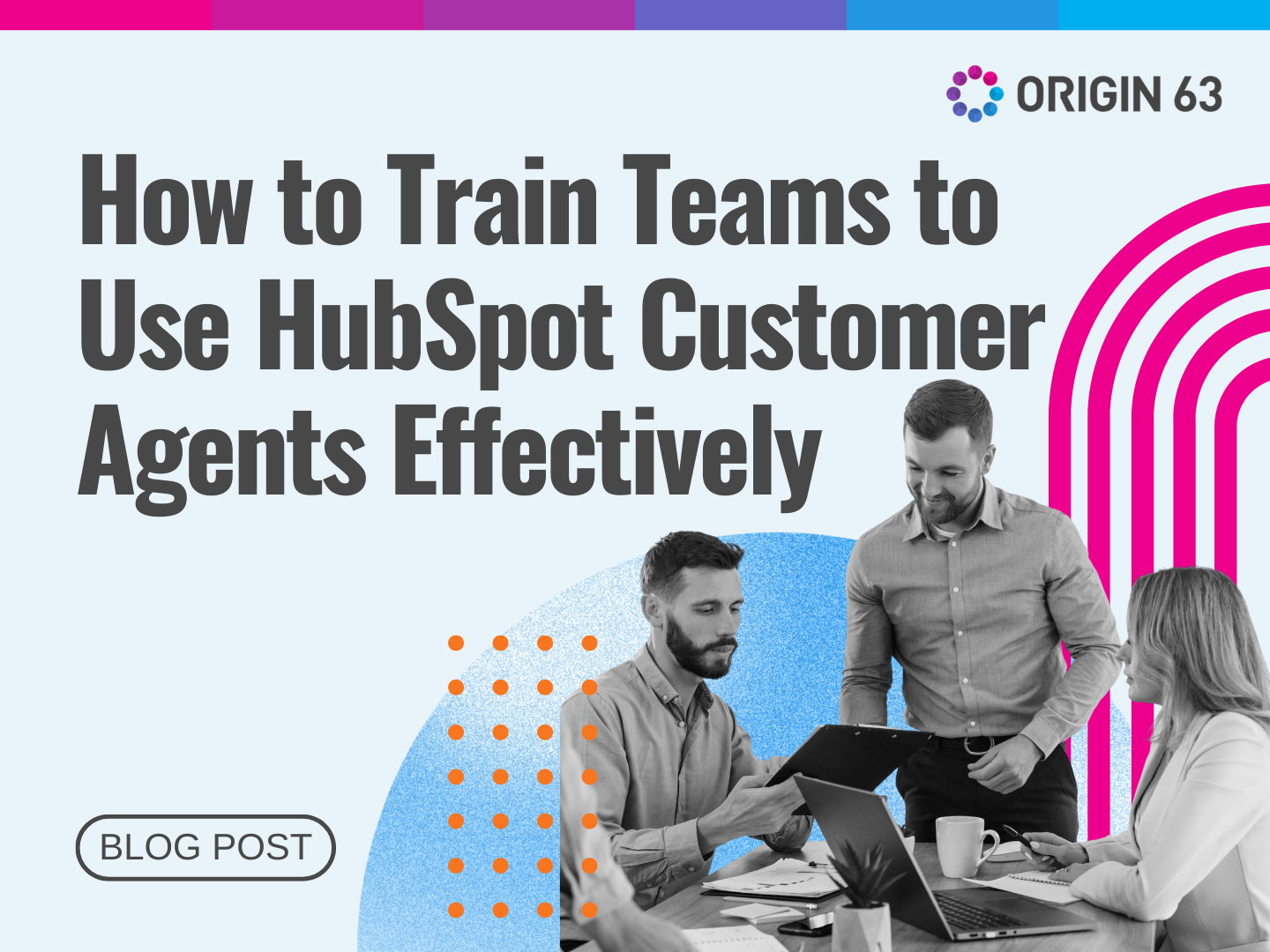
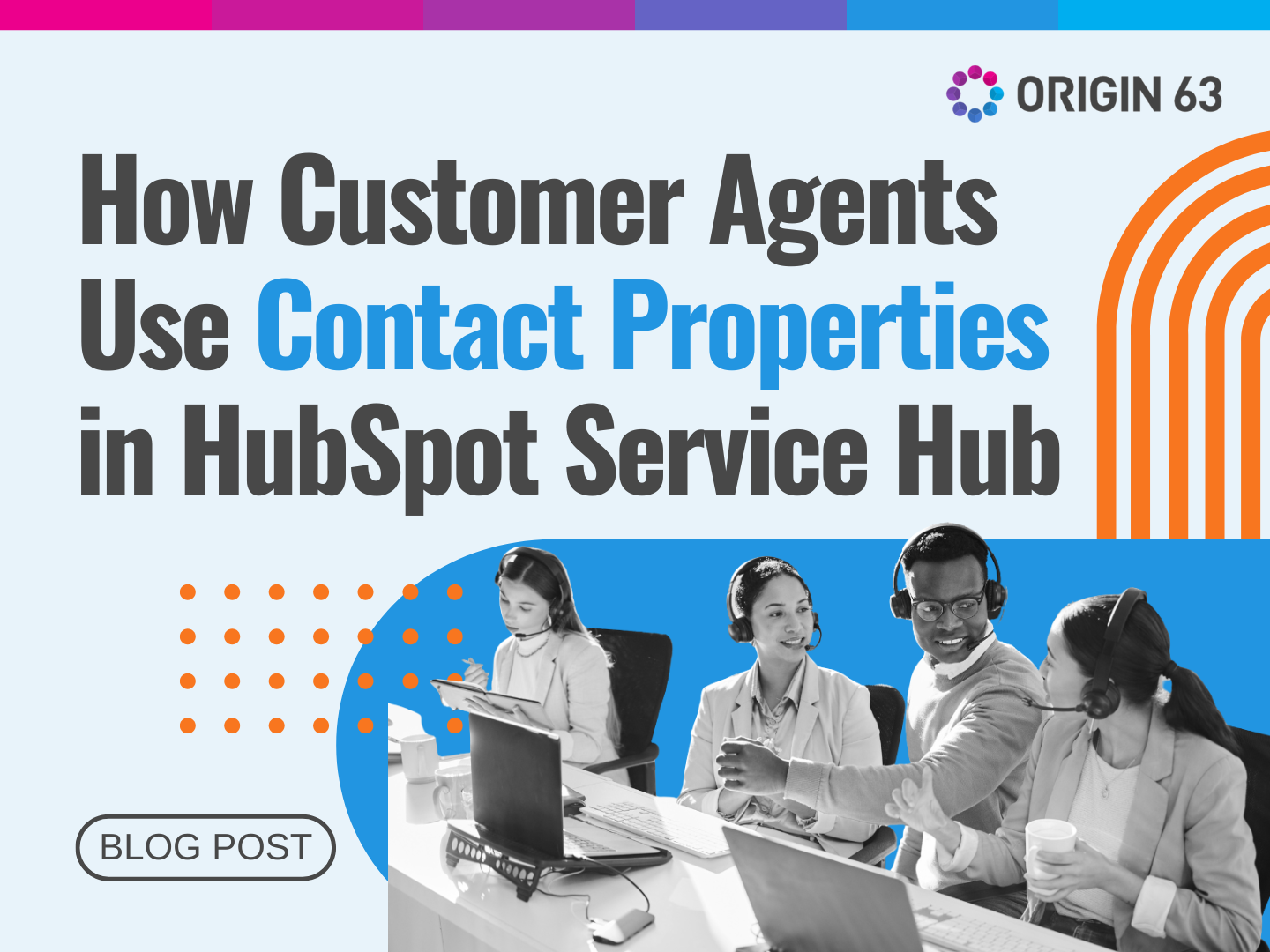
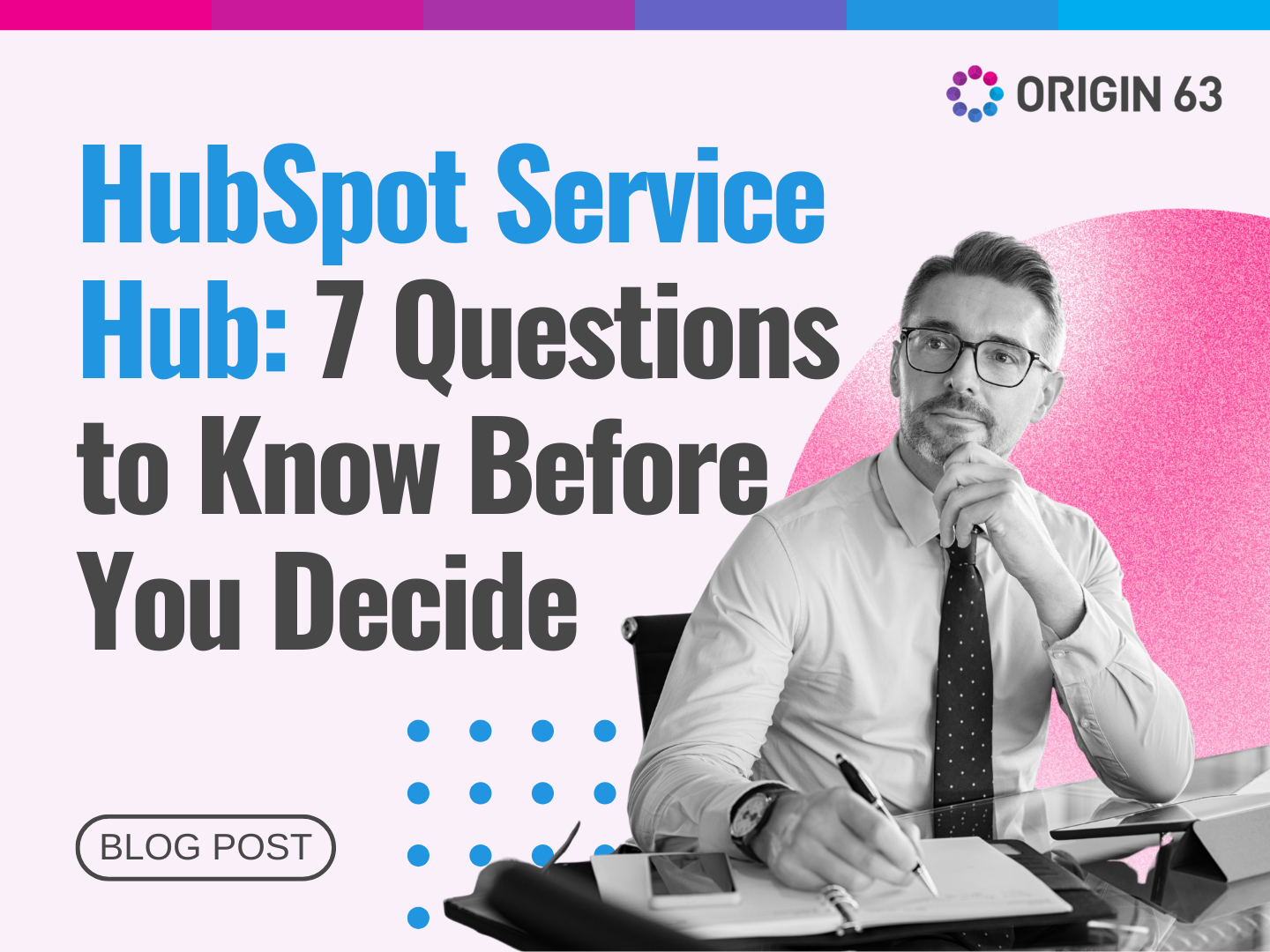
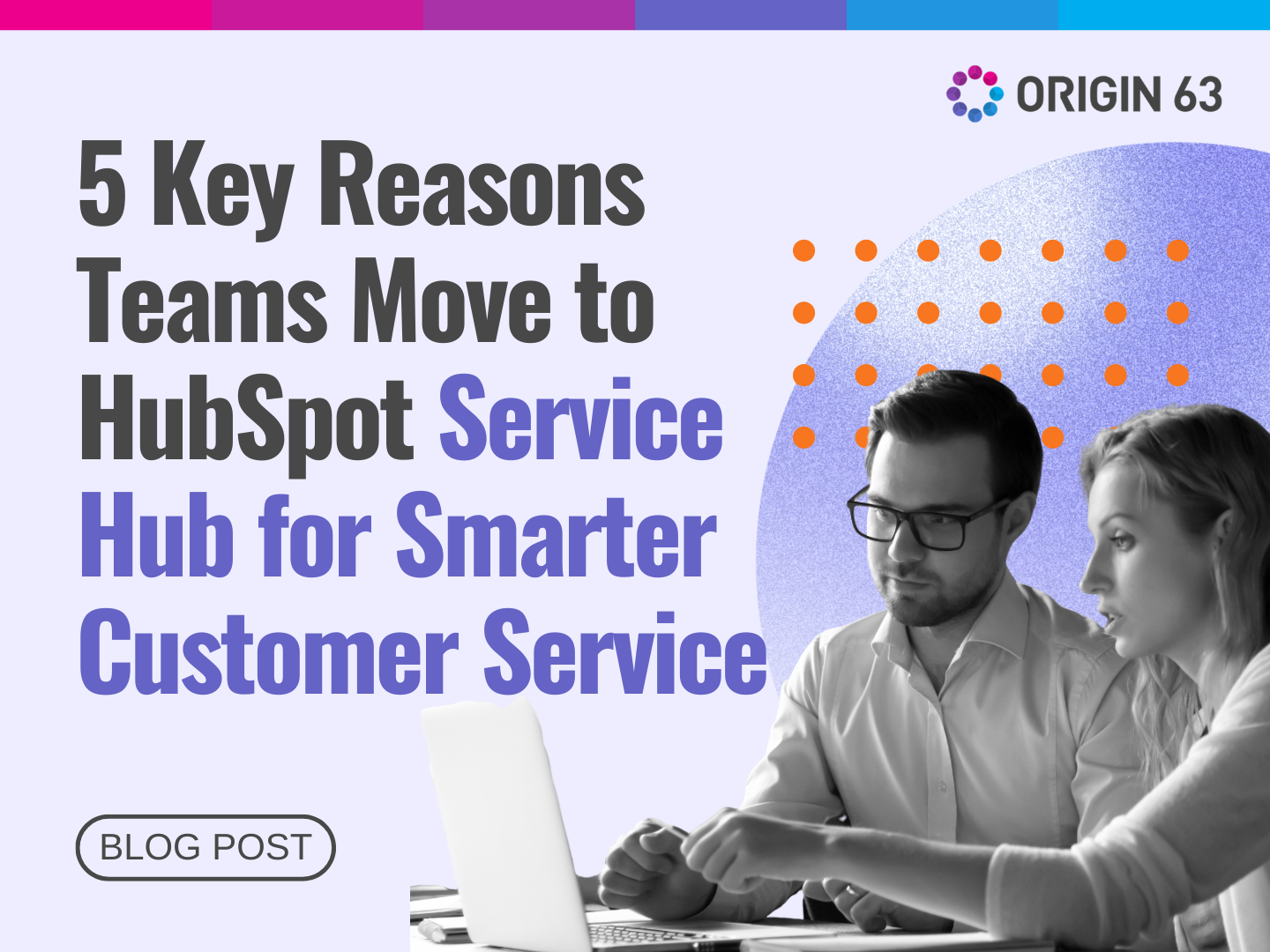






.png?width=90&height=90&name=Arrows%20Partner%20Badge-test%20(1).png)

